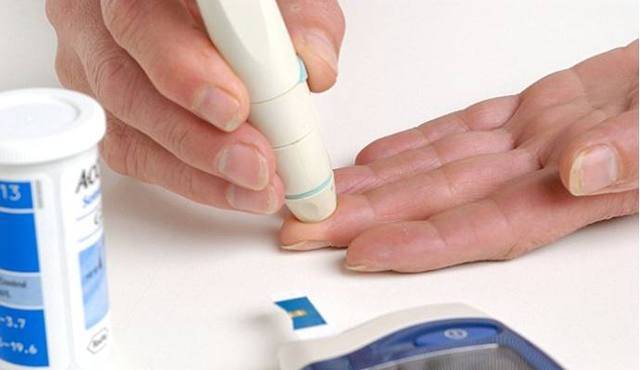With the development of a fast-paced lifestyle, people’s casual approach to diet, life, and work has resulted in significant fluctuations in blood sugar and blood lipids, which over time can burden the normal functioning of the body’s organs, leading to endocrine disorders and eventually diabetes.
Diabetes has become quite common in our country, with a high incidence rate and a noticeable trend towards younger patients. Many diabetes patients adopt more effective symptom relief methods, such as insulin injections and oral hypoglycemic medications, to prevent complications.
However, for those who have been living with diabetes for many years, they realize that insulin and hypoglycemic drugs, which seem to have a significant effect on blood sugar reduction, actually only alleviate the symptoms of high blood sugar and do not fundamentally control blood sugar levels. Moreover, long-term use of medications to lower blood sugar can reduce the body’s own glucose tolerance. As the duration of diabetes increases, controlling blood sugar becomes increasingly difficult; therefore, relying solely on medication for blood sugar management is only treating the symptoms, not the root cause.
By focusing on three key actions, you can lower your blood sugar without medication!
1. Improve your diet and balance the five flavors
Improving your diet means controlling sugar intake from the source every day. It is advisable to consume more low glycemic index foods such as whole grains, asparagus, bitter melon, and buckwheat to replace rice and steamed buns; limit oily and strongly flavored dishes, and increase your intake of high-fiber and light-tasting vegetables.
Balancing the five flavors means that if you often consume sweet foods, you should also eat some bitter foods, which can be very effective in lowering blood sugar. For example, flavonoid-rich propolis, commonly consumed by diabetes patients, contains compounds like morin, astragaloside, and rutin, which significantly inhibit blood sugar rise. In our country, the vegetation is mainly composed of poplar and pine trees, so the content of flavonoid substances in domestic propolis is higher compared to foreign propolis, making it a safe and effective choice for diabetes patients. Taking it half an hour before meals has a significant inhibitory effect on post-meal blood sugar increases and, unlike medications, does not lower the body’s glucose tolerance.
2. Maintain an exercise routine to break down sugar
For diabetes patients, eating smaller, more frequent meals goes hand in hand with regular exercise. The main reason for elevated blood lipids and blood sugar is often related to a sedentary lifestyle. Therefore, being able to consistently exercise for about 50 minutes after meals each day is beneficial for the synthesis and conversion of post-meal blood sugar, and also aids in gastrointestinal absorption. If you can develop the good habit of exercising after meals, blood sugar levels will generally show a habitual decline after eating.
3. Monitor blood sugar levels and maintain a positive mindset
There is a saying: “Worrying can raise one’s blood pressure.” Surveys show that individuals with depression experience greater fluctuations in blood sugar levels compared to those with a calm demeanor. Therefore, even diabetes patients can learn to control their emotions to minimize blood sugar fluctuations. Everyone knows that diabetes patients are prone to irritability, so it is crucial to maintain a peaceful mindset.
For diabetes patients, adhering to the above three points can lead to a certain decrease in blood sugar levels, even without medication. The challenge lies in habit formation; thus, cultivating good health habits greatly contributes to our well-being.


